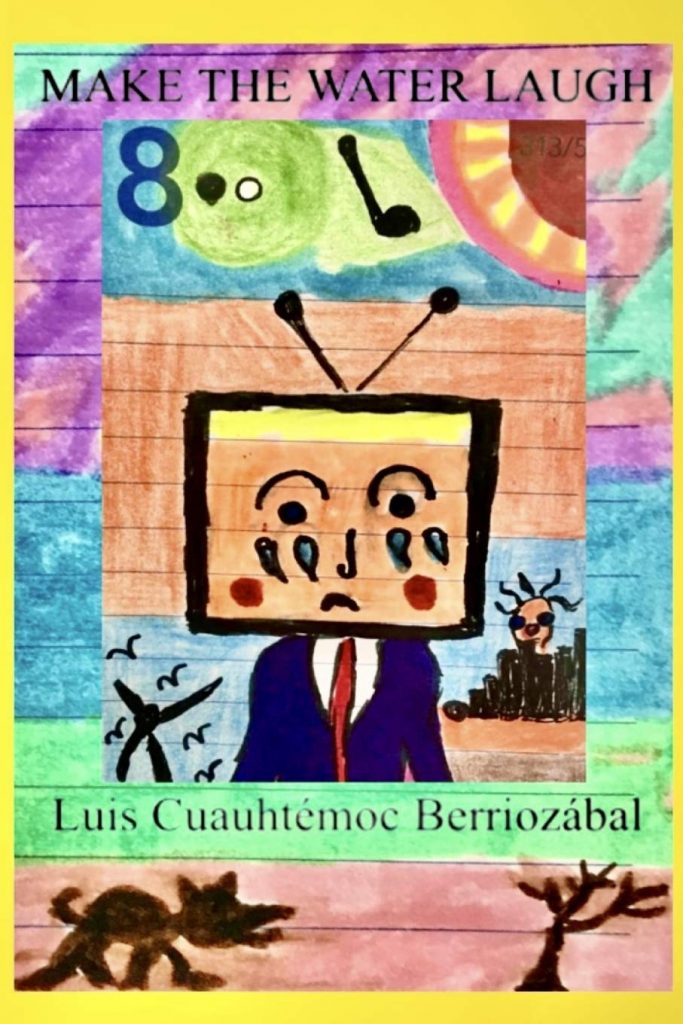
Bejewelled
This little piece of gold
will not be enough
to feed the fruit
of my swelling belly.
And it will take bigger scales
to weigh out the quantities
we will need to survive.
But I still have jewels to sell
and I think they will be
enough.
I shall weigh them carefully.
It’s in the balance
but I think there will be
enough.
To The Time Of The Season
It’s that time of the season
midwinter
coasting from
one year
to the next
from old to new
facing both ways
still
unable
to move
on
watching
a gleam of light
caught in the falling
all too briefly
before it becomes
part of the old
before it turns
to mush
and decays
like all things passed.
God Given
If such a creature didn’t exist
we’d have to invent it for sure.
Whether Zeus or Allah,
Jehovah or any of the rest,
all fulfil the same
purpose.
All create a framework
of behaviour,
the laws of god
which must be obeyed
without argument,
without thinking,
without due process.
All create a framework
of rights.
Some have them,
others don’t.
They’re god given
so no argument,
no thinking,
needed.
And all need a territory,
a god given territory
from the beginning of time
and for evermore
No argument,
no thinking,
god given.
Lynn White lives in North Wales. Her work is influenced by issues of social justice and events, places and people she has known or imagined. She is especially interested in exploring the boundaries of dream, fantasy and reality. She was shortlisted in the Theatre Cloud ‘War Poetry for Today’ competition and has been nominated for a Pushcart Prize and a Rhysling Award. Her poetry has appeared in many publications including: Apogee, Firewords, Capsule Stories, Gyroscope Review and So It Goes.










